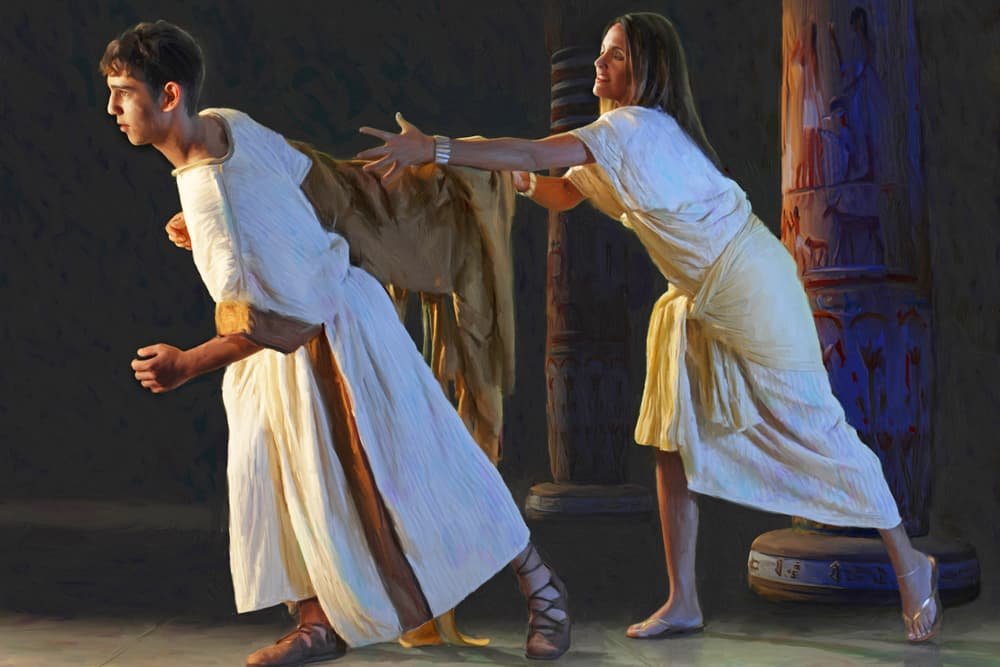

By Hélène Thomas
She had all that any 19th-century BC Egyptian woman could ever hope to have—beauty, a wealthy and powerful husband, and a life of ease. Her husband, so long as she continued to please him, could afford to showcase the gem of her beauty in a setting of luxury where she was surrounded by servants and dressed in the finest fabrics known to man.
According to the custom of the times, her marriage would have been arranged by her father for whatever political or financial gains best suited him. Nobody would have consulted her preferences. She belonged to her husband in the same way his horses, his slaves, and his shoes belonged to him. She answered to him about every detail of her life.
Potiphar, on the other hand, was under no obligation whatsoever to consider his wife’s personal feelings, needs, or preferences unless
Last Generation is a magazine for people seeking spiritual answers to the current issues of our times.
Your subscription will give you:
*Digital-only subscriptions also available
Ellen White, “Joseph in Egypt,” Signs of the Times, January 8, 1880.
Ibid.
© Sermonview.com
Hélène Thomas lives in Seale, Alabama, and enjoys sharing thought-provoking stories of God’s winsome character.